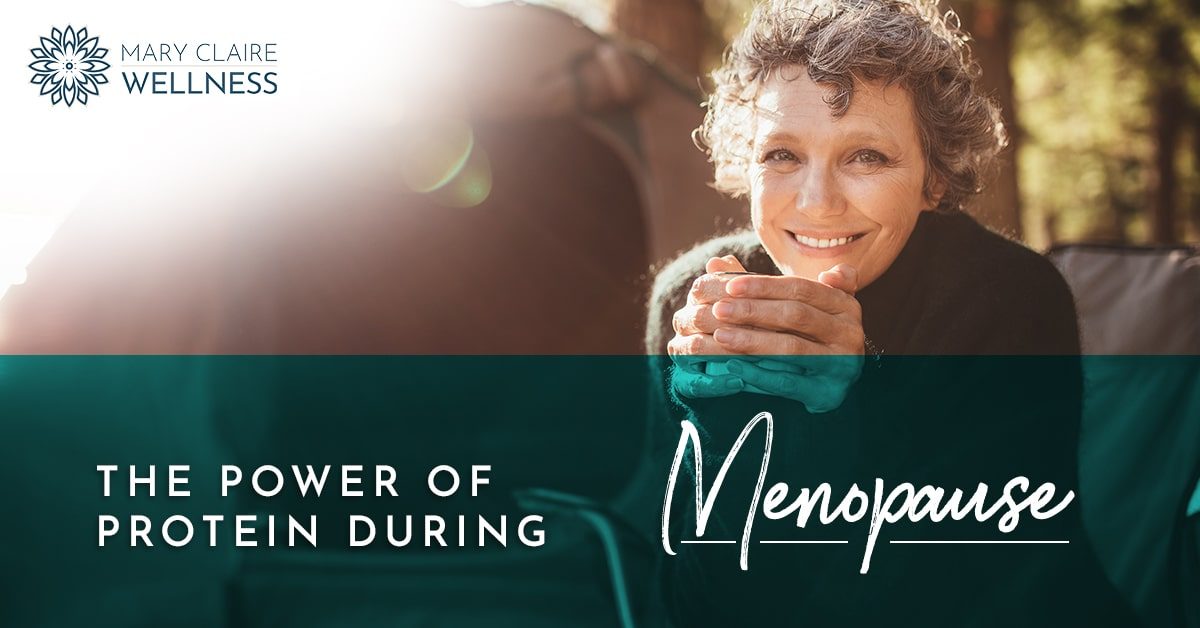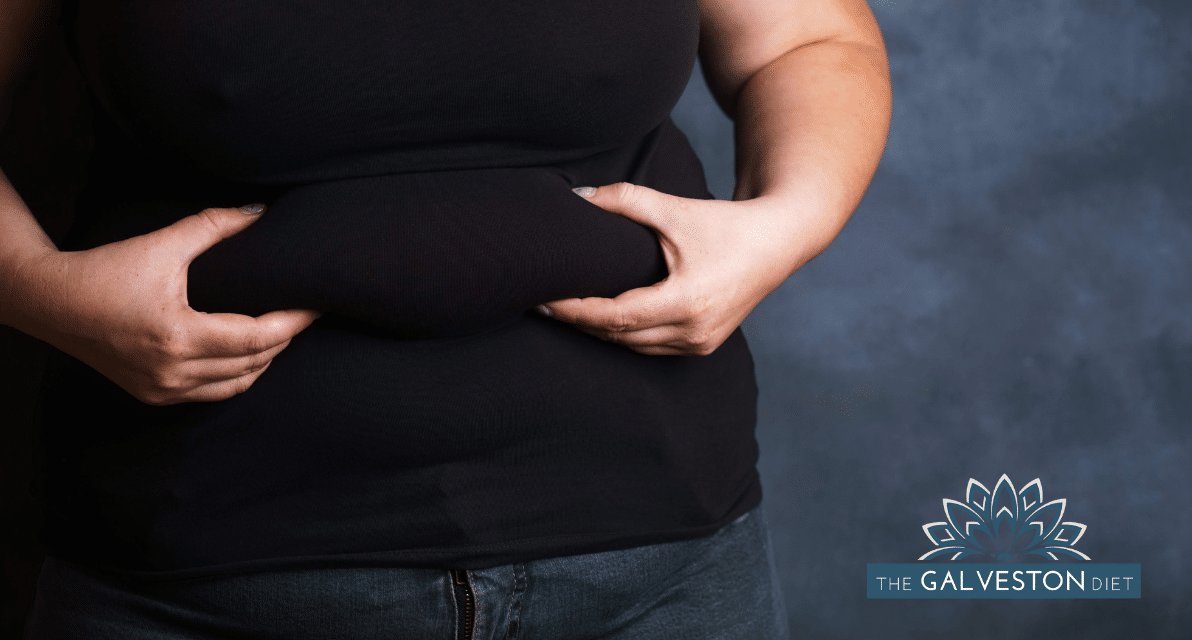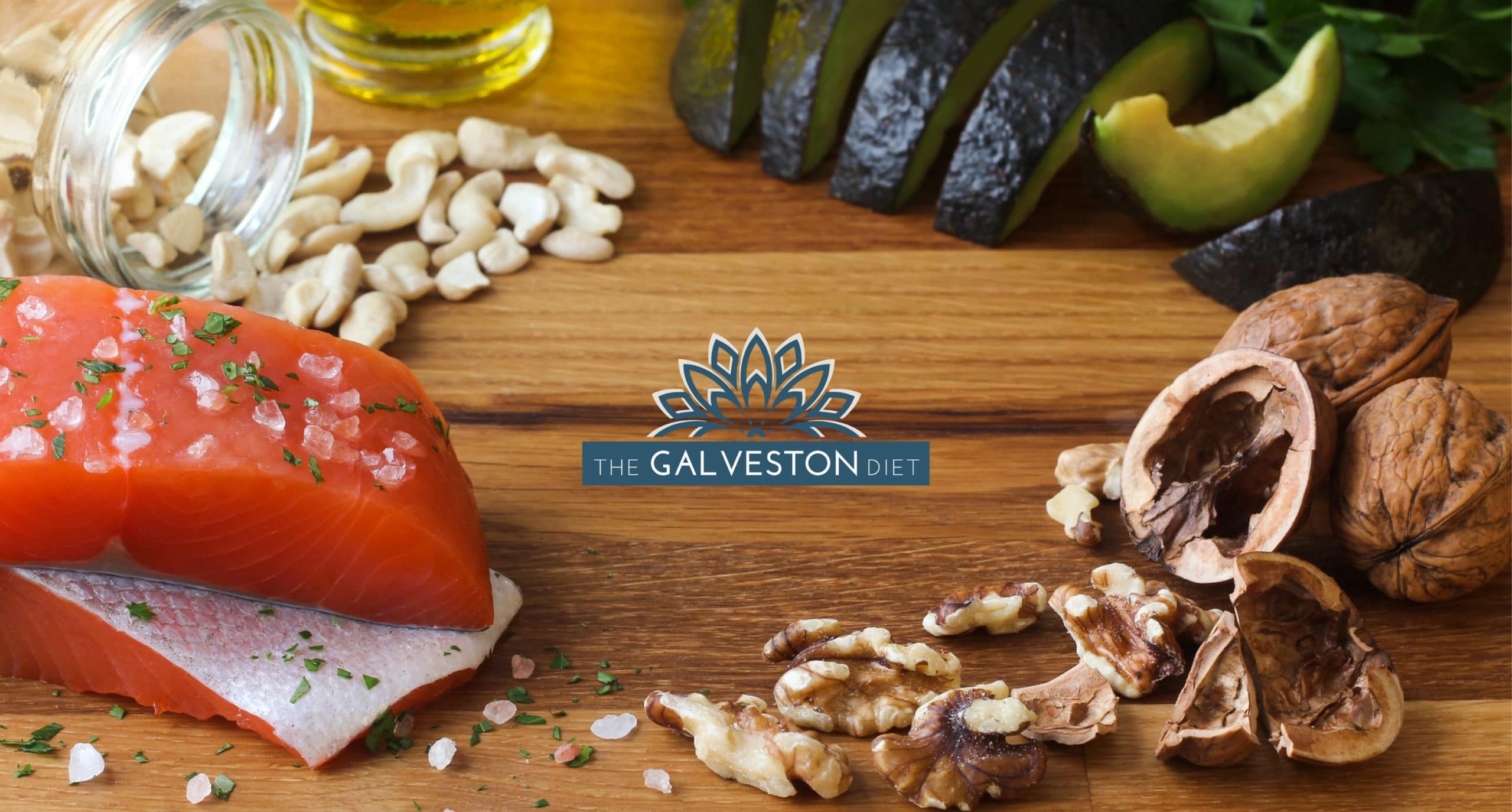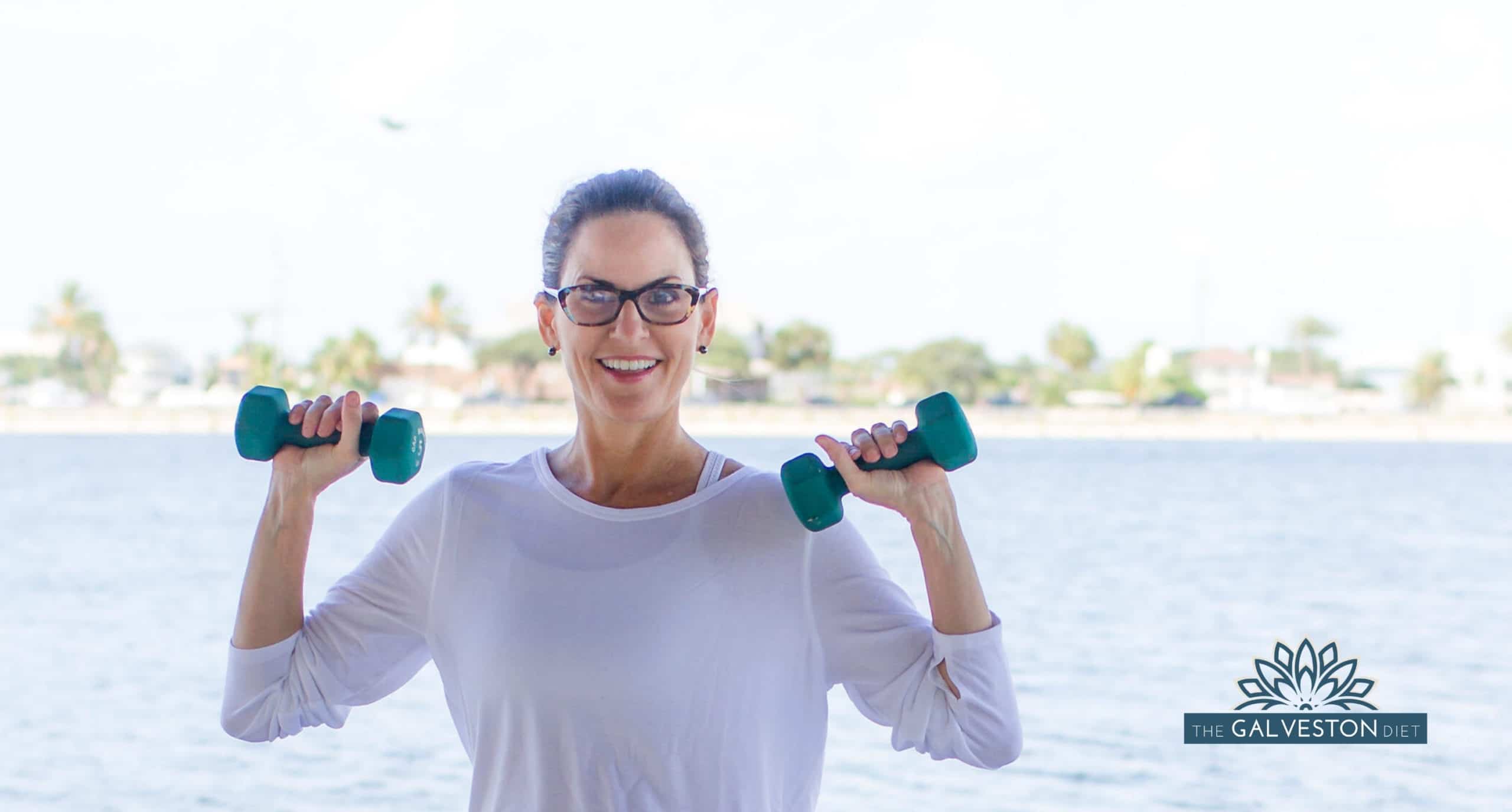One of the main reasons changing one’s dietary habits is difficult for most women, especially when approaching or experiencing menopause, is that there is a missing “link” in understanding the importance in healthy eating.
Protein, known as “the building block of life,” which are utilized in every single cell in the body. Proteins create a wide range of hormones in our body, from thyroid to digestive to sex hormones, all of which are essential to our normal bodily functioning. Not to mention proteins are also required for muscle and bone growth, health, and maintenance.
Additionally, lipoproteins, which comprise blood plasma, are made from proteins and act to transport/eliminate cholesterol from the body. There are many other functions of proteins but the bottom line is that they are absolutely essential to normal functioning and a large portion of proteins must be obtained from one’s diet.
Sure, you can read blogs, books, advice, etc. all day long about why it’s important to eat foods that are “good for you,” but why?
- Eggs – perhaps one of the most protein-rich, simple foods that are inexpensive and have enough fat to balance your macronutrients. Eggs are rich sources of selenium, vitamin D, B6, B12 and minerals such as zinc, iron and copper.
- Full Fat Greek Yogurt – literally packed with twice as much protein as other types of yogurt and additionally contains an excellent source of calcium and probiotics (promoting bone building and gut health respectively)
- Swiss Cheese – provides a significant amount of protein compared with other cheeses and is a muscle friendly option
- Fish – a fabulous source of protein, but the fatty fish (tuna, salmon, herring, sardines, mussels, mackerel and trout) are also packed with Omega-3 fatty acids. Omega-3’s are essential for heart health and decrease inflammation.
- Nut Butter – be weary of sugar-content, but naturally-made nut butter leads is a fabulous source of protein, healthy fats AND fiber.
- Quinoa – contains all 9 essential amino acids, meaning it has full muscle-building potential – It is also high in fiber, magnesium, B vitamins, iron, potassium, calcium, phosphorus, vitamin E and various beneficial antioxidants
- Pumpkin Seeds – not only a good source of protein, but also packed with fiber, magnesium, and a favorable fatty acid profile for heart health.
There are more of course, and I could go on – but the take home message is this: When choosing the proteins for your diet in menopause, look for the ones that can multitask: they should contain not just protein, but also other nutritious ingredients.
Sarcopenia is real – decreasing muscle mass as well as bone density will plague us as we age. Getting adequate amounts of protein as well as weight bearing exercise is not only preventative, but corrective in these diseases.
Article References:
https://www.bodybuilding.com/content/ultimate-list-40-high-protein-foods.html
https://speakingofwomenshealth.com/column/nutrition-tips-during-menopause
If you are interested in learning more about the science behind The Galveston Diet, Click Here.







